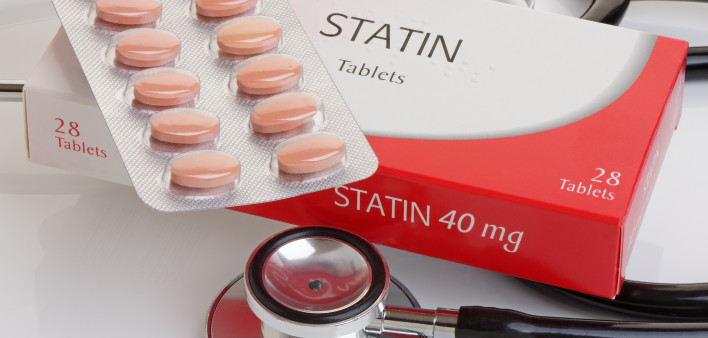In study findings presented at The Liver Meeting 2023, researchers reported that using a statin medication was linked to a lower risk of liver-related complications and death among people without prior liver disease. Based on these results, the researchers suggested that randomized clinical trials might test statins for liver disease prevention.
Statins are a class of drugs that help lower LDL bad cholesterol; they also appear to have anti-inflammatory effects. Liver inflammation, for example, due to viral hepatitis, fatty liver disease or heavy alcohol use, can lead to complication including fibrosis, cirrhosis and liver cancer. In one Swedish study, statins were found to slow the progression of chronic liver disease.
Mara Sophie Vell, a medical student at University Hospital RWTH Aachen in Germany, and colleagues set out to determine whether statins could alter the risk for liver disease in the general population. Using data from the UK Biobank, they compared outcomes, including any incident liver disease, metabolic dysfunction-associated steatotic liver disease (MASLD, formerly known as NAFLD), liver cancer and liver-related death, among statin users and non-users.
In a study population of 205,057 people, statin users had a 15% lower risk of incident liver disease, a 14% lower risk of MASLD and a 28% lower risk of liver-related death compared with non-users. The incidence of liver cancer was also lower in the statin group, but the difference did not reach statistical significance. When the researchers compared statin users versus people who did not use statins but possibly needed a prescription, the risk of incident liver disease fell even more.
“Statin therapy has potential primary preventive effects with regard to liver disease,” the researchers concluded. “High-risk individuals should be evaluated for potential statin therapy.”
Click here to read the study abstract.
Click here for more reports from The Liver Meeting 2023.







Comments
Comments